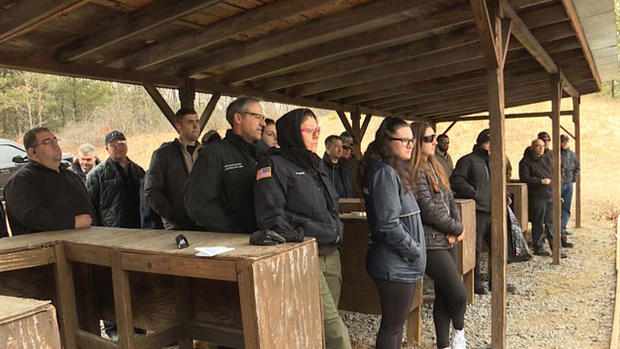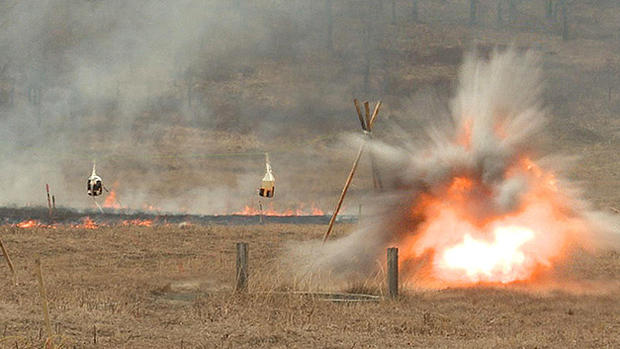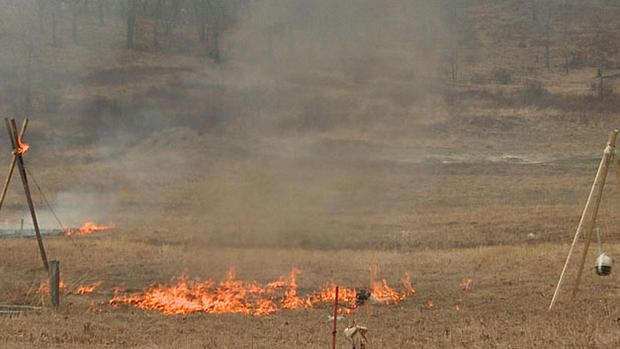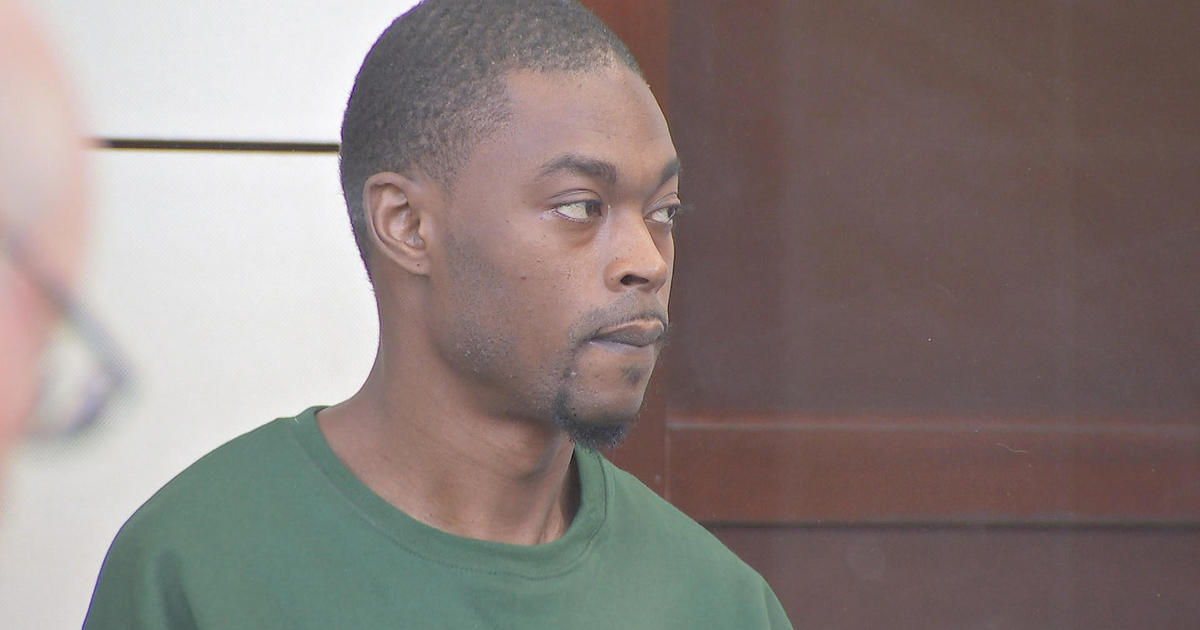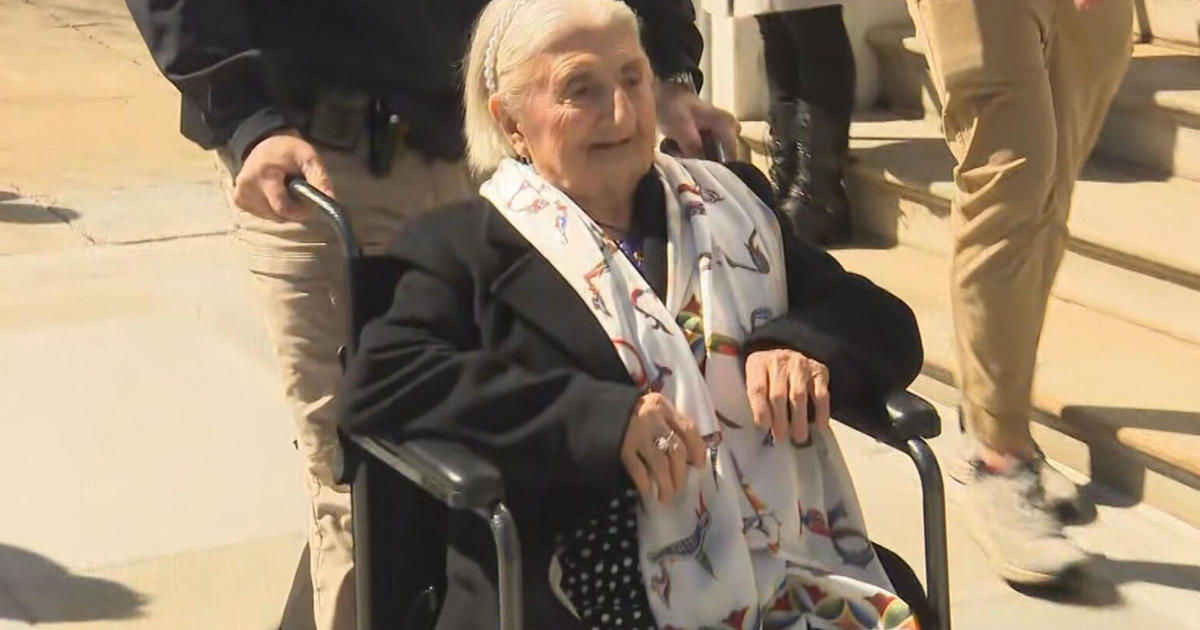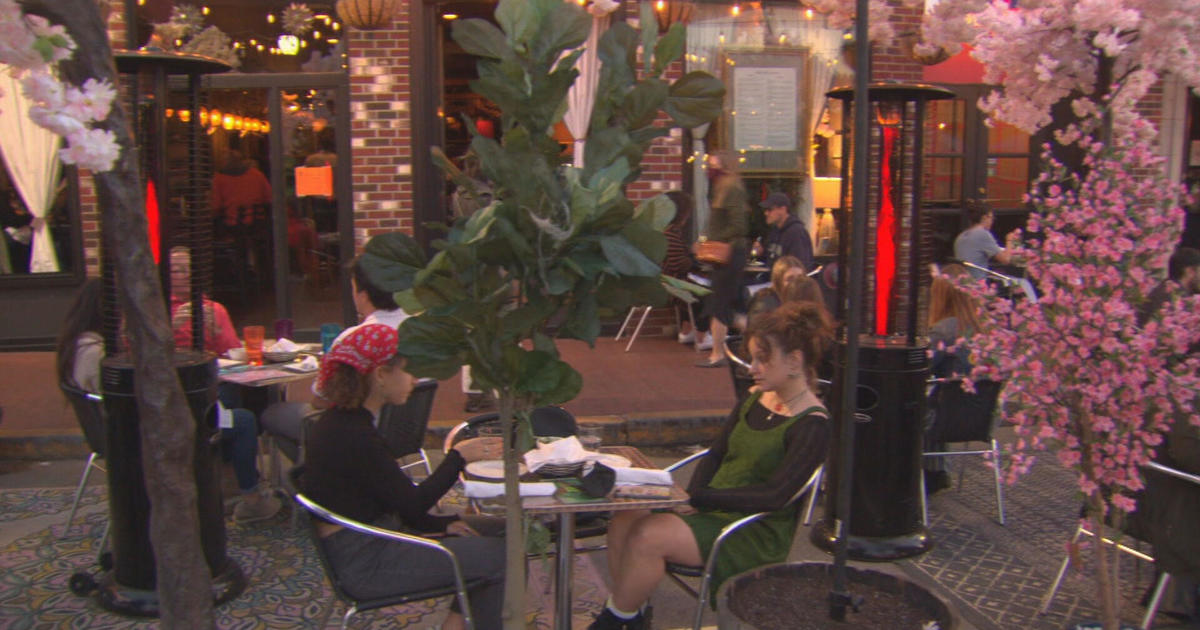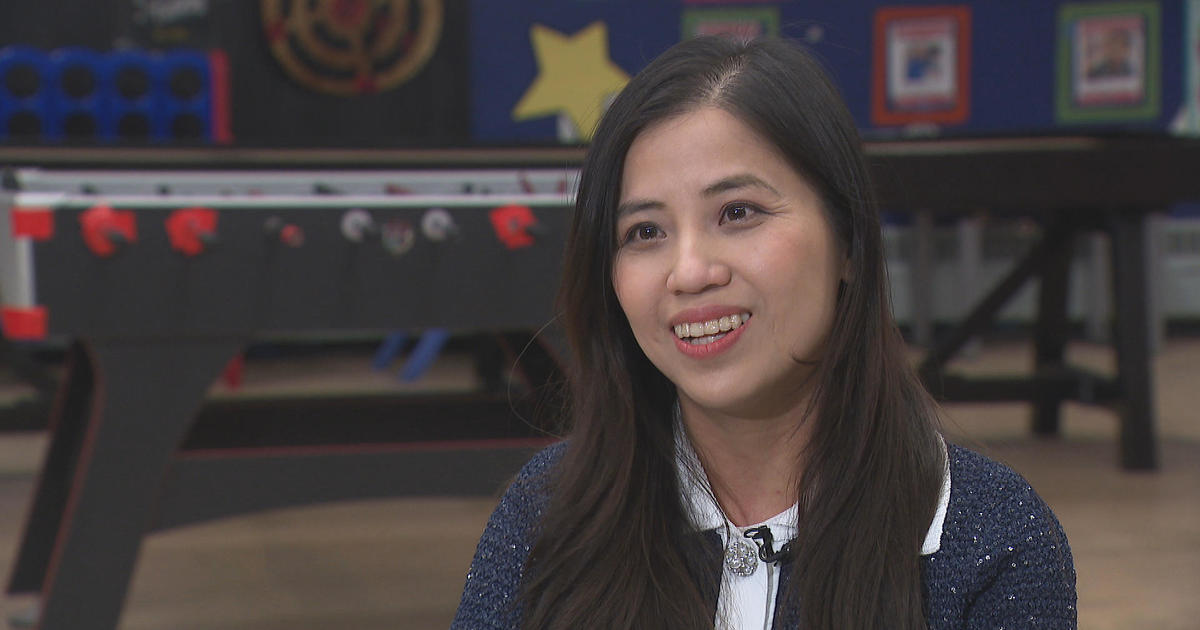First Responders Train To Identify Different Kinds Of Explosives
BOSTON (CBS) - For first responders, knowing the characteristics of different kinds of explosives can lead them to the bomber, which is why there was a special training session held Tuesday.
With the five year anniversary of the Boston Marathon Bombings just a few days away, the importance of that information is profound.
"We give them knowledge on explosives: certain types of explosives, commercial explosives, military explosives, homemade explosives," said Sergeant William Qualls of the State Police Bomb Squad.
The session was held for local police, fire investigators, state police, and the FBI to be better able to investigate and prosecute bomb makers and bomb setters.
FBI Bomb Technician Geoff Raby lead the session at Fort Devens. He and other technicians set off 17 types of explosives so that the first responders can learn to recognize the different characteristics of a variety of bombs.
"I'm a firm believer that that is a current threat, that improvised explosives are definitely things we need to be concerned with," Geoff said.
"We are trying to answer all the relevant questions: who, what, when, where, why and how," Sergeant Qualls says. "Ultimately that'll lead to the individual or individuals who made these devices and set these devices."
We saw that five years ago after the Marathon Bombings.
"As a fire investigator its really important for us to be able to respond to a post blast scene and know what to do and who to call," Lunenberg Fire Department Captain Ken Jones said.
"It helps us in our investigative procedures and what to look for, so these demonstrations are important," Dudley Fire Dept. Chief, Dean Kochanowski said.
Tuesday's training session is part of a three day program that includes examining bomb debris, learning how to secure a bomb site, and how to interview witnesses.
"We get better over time. The more scenes you encounter, the better you get at prosecuting these scenes," Sergeant Qualls said.
